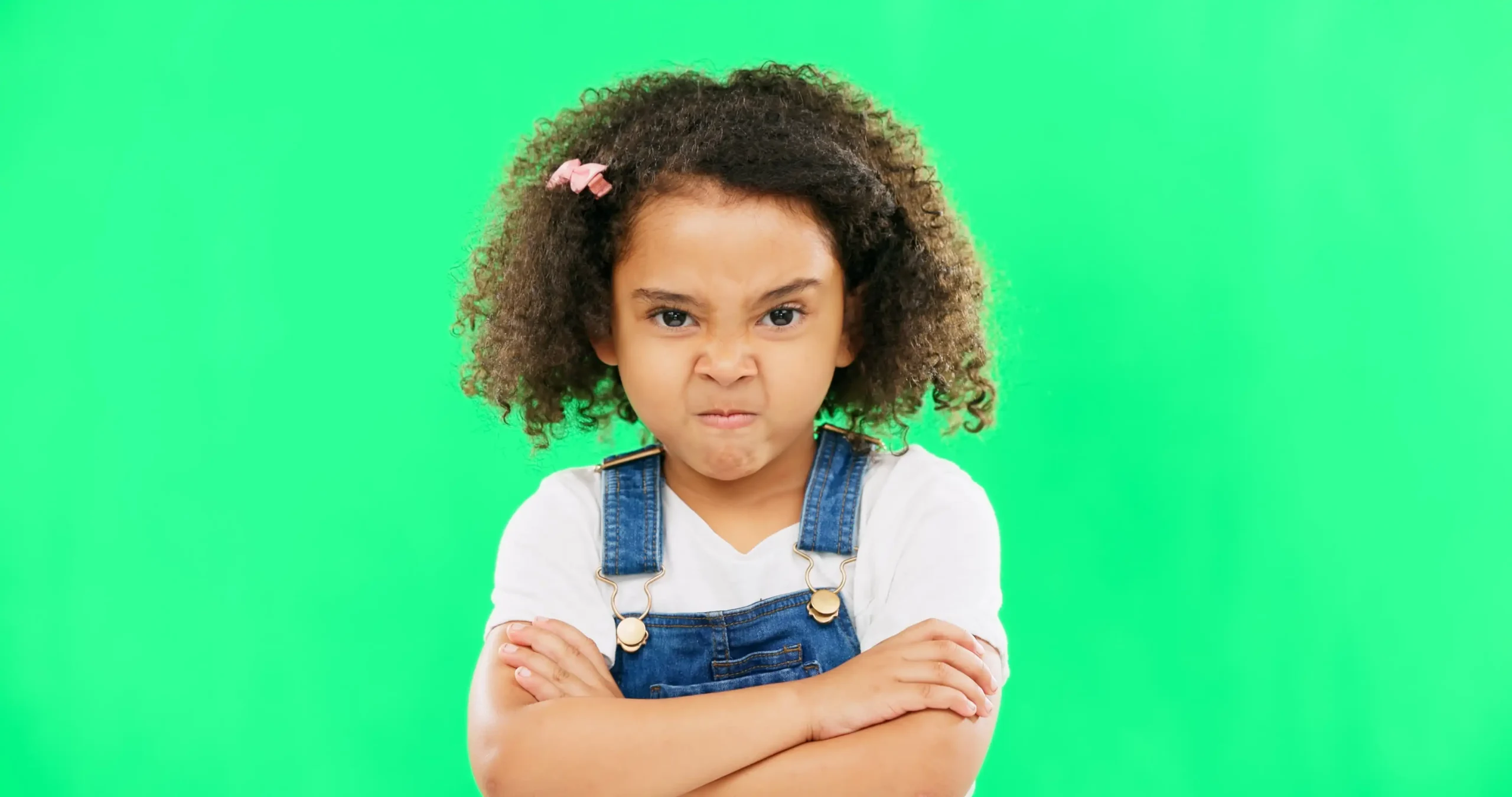One of the hardest things to deal with as a parent is children’s anger. I speak to parents who are overwhelmed, confused, and very often hurt or even shocked by the anger their children express towards them, other children, or the world in general. We know from research that anger in children is healthy and important and that it helps them navigate the world while drawing healthy boundaries. But unreasonable amounts of anger – sudden fits of rage, uncontrollable fury, or anger over long periods of time – can also place young people at risk of engaging in dangerous behaviors or rebellions such as drug use, unsafe sex, or underage drinking.[1]
Anger in children is a natural and common emotion, stemming from developmental changes and environmental challenges. Children’s expression of anger can be influenced by family dynamics, peer interactions, and societal expectations.[2] Still, offering advice to parents or guardians who are struggling with their children’s anger is never easy, and there is no single solution that will work for all families.
Understanding the root cause of these emotions in your children is crucial in helping them manage their feelings effectively. Here are a few strategies for parents or other grown-ups to support children through the frightening or challenging feeling of anger, ensuring both emotional growth and healthy parent-child relationships.
Empathize and Validate Feelings
Empathy involves acknowledging your child’s emotional experience. Validation involves affirming that their feelings are legitimate, even if their behavioral responses aren’t appropriate. For instance, acknowledging statements like “I see you’re really upset” can help children feel understood and less isolated in their emotional experience.
Create a Safe Space for Expression
Encourage your child to express their emotions in a safe environment. This could be through speaking, writing, or drawing. According to studies that have looked at the relationship between mothers and their children in terms of development, providing creative outlets can be particularly effective for children, as it allows them to externalize their feelings in a non-destructive manner.[3]
Teach and Model Emotional Regulation
Emotion regulation skills are essential for managing anger. In their study on what is known as “meta-emotion” in families, researchers Gottman et al. highlight that parents who model effective anger management behaviors—such as taking deep breaths or counting to ten—can lead by example.[4] Teaching these strategies enables children to adopt similar coping mechanisms.
Use Problem-Solving Techniques
Children often feel angry due to unmet needs or problems they can’t resolve alone. Collaborative problem-solving is an approach where parents and children work together to find solutions.[5] This teaches children critical thinking and negotiation skills while also demonstrating respect for their perspectives.
Encourage Physical Activity
Physical exercise can be a powerful tool for dissipating anger and improving mood. Research has shown that regular physical activity supports emotional health and reduces stress, which can mitigate the frequency and intensity of angry episodes in children.[6] This is true not just for children but also for adults; you can combine the power of some of these techniques by organizing physical activity together as a family in order to manage shared stress and normalize healthy habits simultaneously.
Limit Exposure to Aggressive Influences
Children often mimic behaviors they see. Limiting exposure to aggressive media such as violent TV shows or video games can reduce learned aggression.[7] Instead, focus on promoting content that reinforces empathy and cooperation. This does not mean that you need to remove access to all the television shows and video games your child enjoys; this might be a recipe for even more anger in the moment and create a divide in the family, which is difficult to re-bridge in future. However, having conversations about the content on their screens, violence, and the feelings it evokes in them is a great way to help mitigate this impact.
Seek Professional Help When Necessary
If a child’s anger is beyond what you can manage or is impacting their well-being, seeking the help of a child psychologist or counselor can be beneficial. Professional assessments for underlying issues such as anxiety or trauma can facilitate tailored interventions.
Helping children navigate anger is a complex but essential aspect of parenting. By empathizing, validating, and teaching emotional regulation, parents can assist their children in learning to manage their emotions constructively. Implementing these strategies not only supports the child’s emotional development but also strengthens the parent-child bond. Patience, understanding, and open communication are vital as children learn to express and manage their anger effectively.
If your child, or a child you know, is struggling with their anger, or if you as an adult are finding it overwhelming to manage the emotions of the children in your life, do not struggle alone. We at Heather R. Hayes and Associates are a team of highly skilled professionals who are trained to provide tailored and compassionate support for families who are finding it difficult to manage emotions like anger. Reach out to us on the contact page or visit our resources section to learn more about how we can help.
Sources:
[1] Williams, R. (2017). Anger as a Basic Emotion and Its Role in Personality Building and Pathological Growth: The Neuroscientific, Developmental and Clinical Perspectives. Frontiers in Psychology, 8, 1950. https://doi.org/10.3389/fpsyg.2017.01950
[2] Lewis, M., & Michalson, L. (1983). Children’s emotions and moods: Developmental theory and measurement. Plenum Press.
[3] Cummings, E. M., & Davies, P. T. (1994). Maternal depression and child development. Journal of Child Psychology and Psychiatry, 35(1), 73-122.
[4] Gottman, J. M., Katz, L. F., & Hooven, C. (1997). Meta-emotion: How families communicate emotionally. Lawrence Erlbaum Associates, Inc.
[5] Greene, R. W. (2014). The explosive child: A new approach for understanding and parenting easily frustrated, chronically inflexible children. HarperCollins.
[6] Plante, T. G., Aldridge, S., & Bogden, R. (2021). The impact of physical activity on mood and well-being. Journal of Health Psychology, 26(3), 423-432.
[7] Huesmann, L. R. (2007). The impact of electronic media violence: Scientific theory and research. Journal of Adolescent Health, 41(6), S6-S13.


